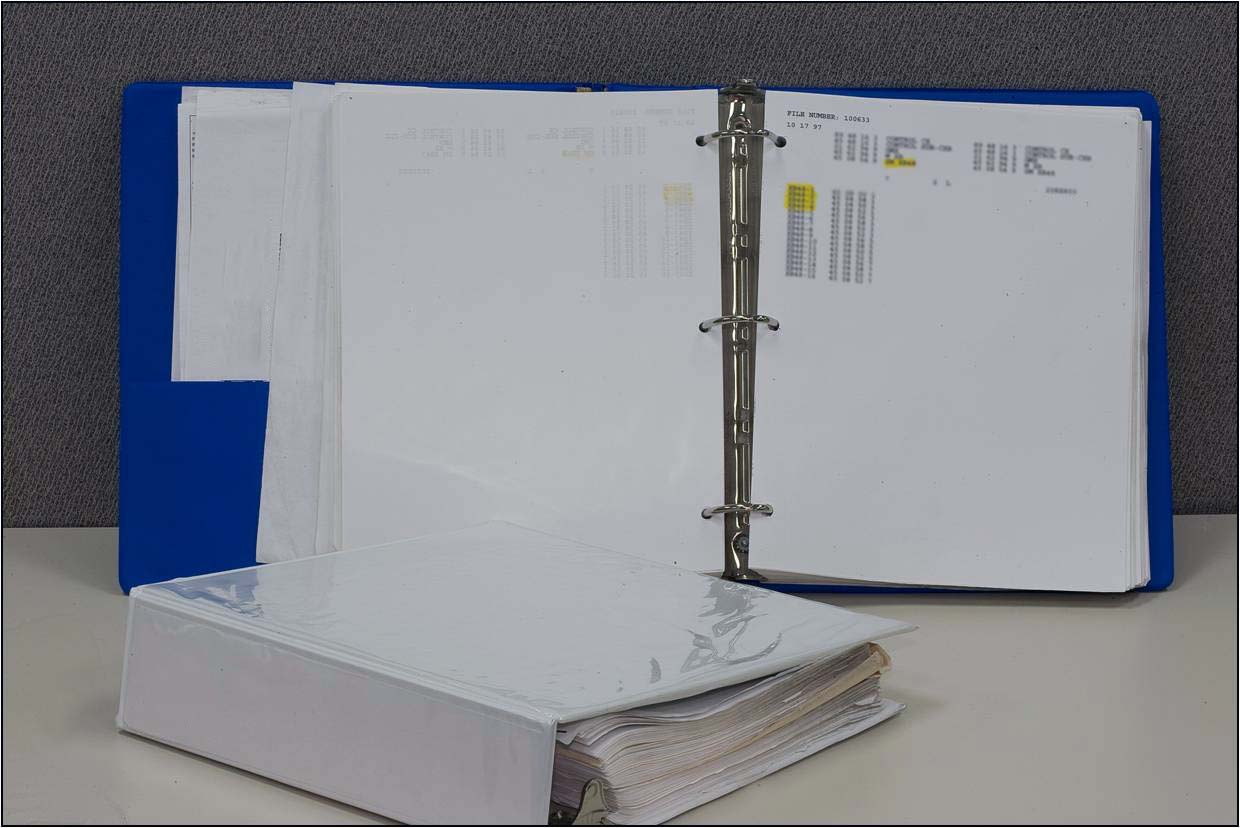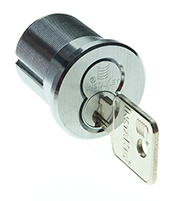The thought of transferring key systems, while sometimes necessary, is often very daunting. Your blood pressure all but shoots through the roof as you start to ask yourself a bunch of questions: Will the transition be seamless? Will I still be able to get cores and keys to match my existing system? Do I need to change hardware?
There is no doubt that these problems can pop up, but if you have a methodical approach to selecting and transitioning to a new key system vendor, the process should be relatively pain-free. There are a few main areas you need to consider: do you currently own your records, how are your records currently managed, do you want to change your system type, and do you want to change your cylinder type?
Do You Own Your Key Records?
While this may seem like an obvious and simple question, it is the single most critical question when determining how easy or difficult your transition will be. If you do own your records, moving forward should be relatively simple.
On the other hand, if you do not own your records you’re in big trouble. Your vendor owns the records and has no obligation to give and/or sell your records to you. You now have a decision to make – do you want to start over on a new key system? Starting over on a new key system has a number of implications including but not limited to:
- If you are on a restricted system and need new keys, you will need to rekey the location. However, if you are on an unrestricted system you will still be able to make key copies.
- You won’t be able to get new keys mailed.
- If you are on a master key system, any new system that is installed will be incompatible with the master system.
- The new systems can be set up on a new master, but you will end up with two master keys.
Often times, these are painful yet manageable hurdles to overcome. Just be sure that everyone in your organization knows what is coming down the pike, and be sure that your new vendor gives you ownership of the records.
How Are Your Records Currently Managed?
There are two ways records can be managed: on paper, or digitally. Digitally computerized records are far superior to paper records. They are well organized and are easily transferrable. If your current records are computerized you should have no issues transferring them to your new key system vendor. They should easily be able to integrate them into whatever management system they use – just be sure that they use computerized records as well.
Unlike digital records, paper records are often out of order, illegible, and can easily go missing. This creates a lot of unnecessary headaches. If a location calls for a new key or core, your new vendor may not be able to find the records for that location. This means that location would need to have a complete rekey.
Do You Want to Change Your System Type?
If you are looking to increase/decrease the security level offered by your current key system, now might be a good time to switch to a different type of system. There are three different types of key systems: unrestricted, restricted, and proprietary.
If you continue using your current type of cylinder, you can switch system types without changing your hardware; however, there are a few elements you will need to consider. If you are currently on a master key system, none of your master keys will work with the new system. Likewise, if you need a new key or cylinder, you will need to rekey that location.
Do You Want to Change Your Cylinder Type?
There are a variety of drivers behind switching cylinder types; however, the primary driver is ease of rekeys. There are three main types of cylinders: standard, interchangeable (IC), and eCylinders.
The largest consideration when switching cylinder types is not the increased (or decreased) cost of the cylinders themselves, but the hardware into which the cylinders are installed. If you switch from a standard cylinder to an IC or eCylinder (or vice versa) you will need to purchase new hardware. This can add up quickly if you have to replace lever sets.
If you are switching from an IC cylinder to an eCylinder, depending on the type of eCylinder you are using, you may run into the same hardware problem. The Medeco NexGen is compatible with any small format IC cylinder (SFIC); however, the Medeco Logic is not.
Switching Key System Vendors
Once you have walked through these four areas, you should be well on your way to a seamless transition to a new key system vendor. As the old saying goes, “the Devil is in the details,” so it’s important to get these items hammered out well in advance of committing to the switch. If you need more information on key systems, check out our white paper titled The Five Critical Components of Key System Management which will walk you through every aspect of key system management from system selection, to policies, procedures, and records management. Additionally, review our Key Systems 101 article.



